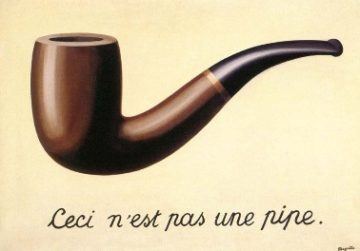Ed Simon at The Millions:
 On a December morning in 1947 when three fellows at Princeton’s Institute for Advanced Study set out for the Third Circuit Court in Trenton, it was decided that the job of making sure that the brilliant but naively innocent logician Kurt Gödel didn’t say something intemperate at his citizenship hearing would fall to Albert Einstein. Economist Oscar Morgenstern would drive, Einstein rode shotgun, and a nervous Gödel sat in the back. With squibs of low winter light, both wave and particle, dappled across the rattling windows of Morgenstern’s car, Einstein turned back and asked, “Now, Gödel, are you really well prepared for this examination?” There had been no doubt that the philosopher had adequately studied, but as to whether it was proper to be fully honest was another issue. Less than two centuries before, and the signatories of the U.S. Constitution had supposedly crafted a document defined by separation of powers and coequal government, checks and balances, action and reaction. “The science of politics,” wrote Alexander Hamilton in “Federalist Paper No. 9,” “has received great improvement,” though as Gödel discovered, clearly not perfection. With a completism that only a Teutonic logician was capable of, Gödel had carefully read the foundational documents of American political theory, he’d poured over the Federalist Papers and the Constitution, and he’d made an alarming discovery.
On a December morning in 1947 when three fellows at Princeton’s Institute for Advanced Study set out for the Third Circuit Court in Trenton, it was decided that the job of making sure that the brilliant but naively innocent logician Kurt Gödel didn’t say something intemperate at his citizenship hearing would fall to Albert Einstein. Economist Oscar Morgenstern would drive, Einstein rode shotgun, and a nervous Gödel sat in the back. With squibs of low winter light, both wave and particle, dappled across the rattling windows of Morgenstern’s car, Einstein turned back and asked, “Now, Gödel, are you really well prepared for this examination?” There had been no doubt that the philosopher had adequately studied, but as to whether it was proper to be fully honest was another issue. Less than two centuries before, and the signatories of the U.S. Constitution had supposedly crafted a document defined by separation of powers and coequal government, checks and balances, action and reaction. “The science of politics,” wrote Alexander Hamilton in “Federalist Paper No. 9,” “has received great improvement,” though as Gödel discovered, clearly not perfection. With a completism that only a Teutonic logician was capable of, Gödel had carefully read the foundational documents of American political theory, he’d poured over the Federalist Papers and the Constitution, and he’d made an alarming discovery.
It’s believed that while studying Article V, the portion that details the process of amendment, Gödel realized that there was no safeguard against that article itself being amended.
More here.
